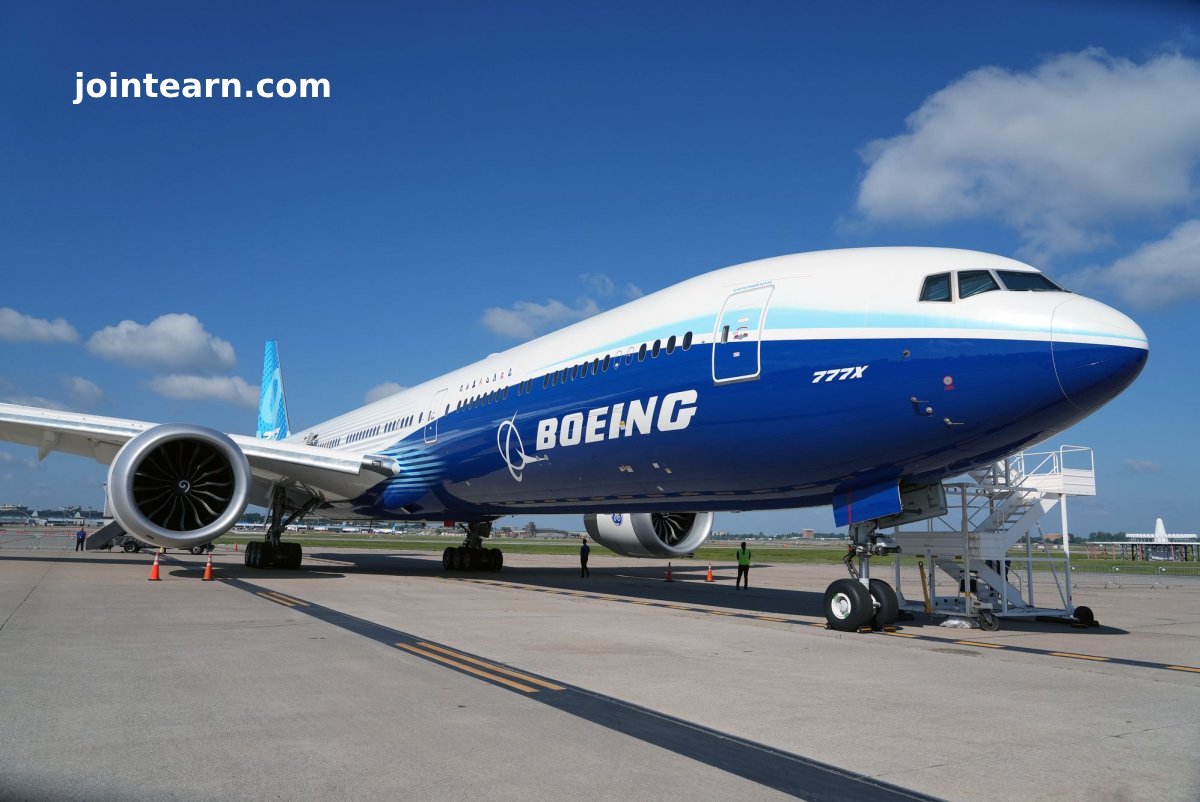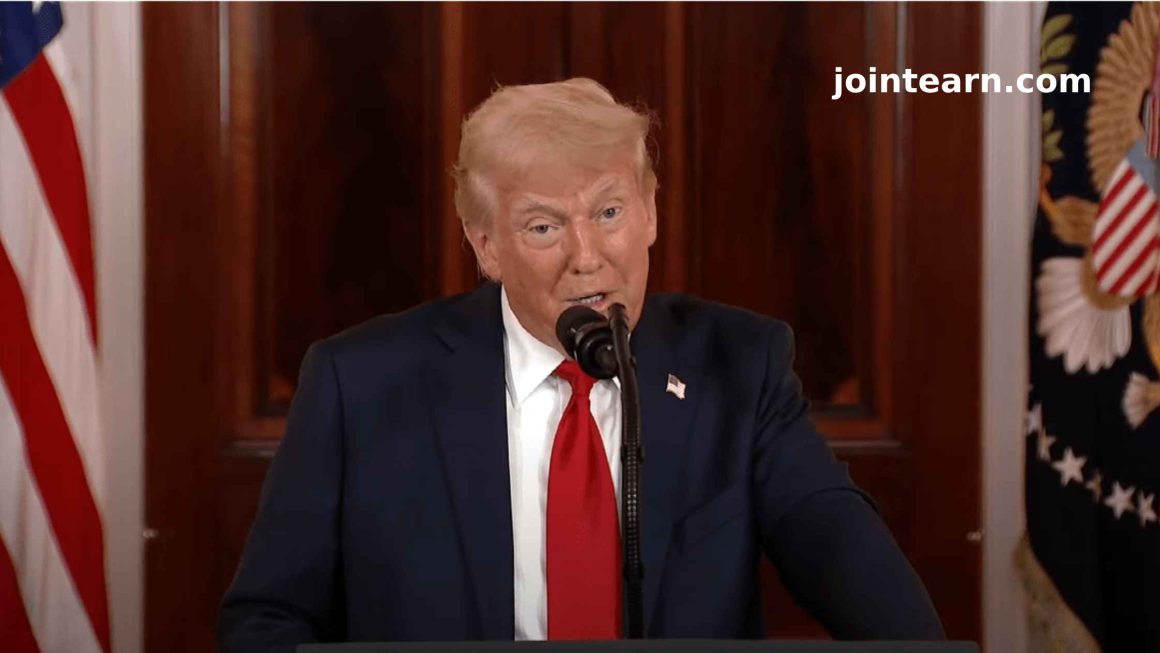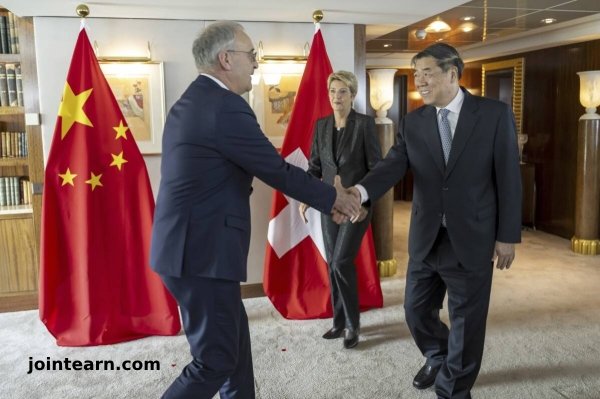Key Takeaway: Boeing Stands Out as Major Beneficiary in US-UK Trade Agreement
In an era of evolving trade policies, Boeing has emerged as a key winner in the newly crafted US-UK trade deal. This bilateral arrangement, which forms part of a broader strategy of piecemeal trade negotiations, marks the first tangible success of President Donald Trump’s latest push for economic realignment. As both the United States and the United Kingdom navigate new trading dynamics, Boeing stands poised to benefit significantly.
The US-UK trade deal, announced on May 8, 2025, includes a commitment from the UK to purchase $10 billion worth of Boeing aircraft, with reports indicating IAG, the parent company of British Airways, planning to order up to 30 Boeing jets. This represents a major win for Boeing, especially after the turbulence in the global aviation market.
Key Trade Deal Highlights for Boeing and the US
In exchange for the UK’s commitment to purchase Boeing planes, the United States has agreed to allow Rolls-Royce jet engines and other critical aviation parts to be imported without the imposition of tariffs. Additionally, the deal includes significant concessions on auto imports, steel, and aluminum, alongside other trade provisions. These measures are indicative of the shift towards more bilateral trade agreements that have characterized President Trump’s second term in office.
Boeing’s Stock Rises Amid Trade News
As a result of this announcement, Boeing’s stock surged by 3.3%, closing at its highest point since March 28, 2024. This positive movement in Boeing’s stock highlights the market’s optimism towards the new trade deal and the potential benefits it could bring to US industrials.
Despite the significant breakthroughs, this trade agreement is not without its complexities. Tariffs on British imports have increased, even under the new deal. While President Trump and UK Prime Minister Keir Starmer both hailed the agreement as a success, some market analysts remain cautious. For example, Michael Pearce, Deputy Chief Economist at Oxford Economics, noted that key contentious issues, such as the digital services tax and healthcare market access, were not addressed. This suggests that deep and comprehensive trade deals may remain elusive despite the positive sentiment surrounding the Boeing deal.
Market Reactions and Future Prospects
The initial reaction from Wall Street indicates that, although tariffs have increased, the deal’s potential to ease trade tensions has investors optimistic about the future. Even with the economic risks that continue to loom, the Boeing deal serves as a symbol of progress and a sign that the US-UK trade relations are entering a new phase.
As the dust settles, analysts will focus on whether these small-scale agreements, like the Boeing contract, can significantly impact the broader economy or if they will remain isolated in the context of larger trade negotiations. Only time will tell whether this shift towards piecemeal deals will provide long-term stability or lead to unforeseen complications.











